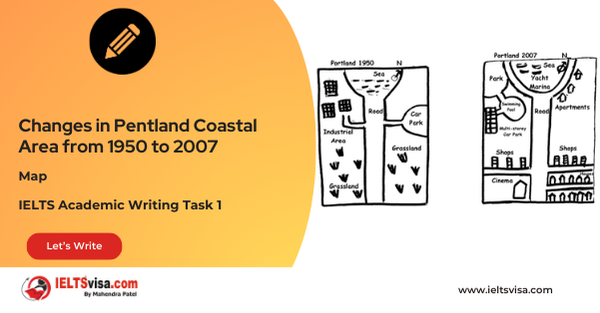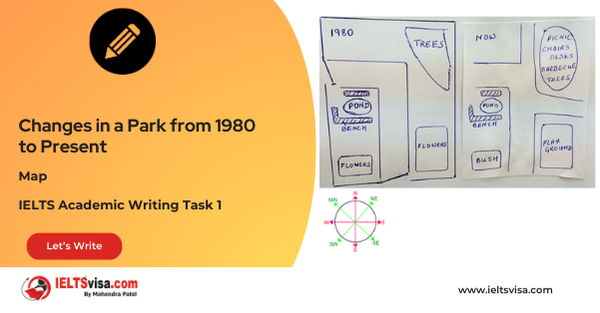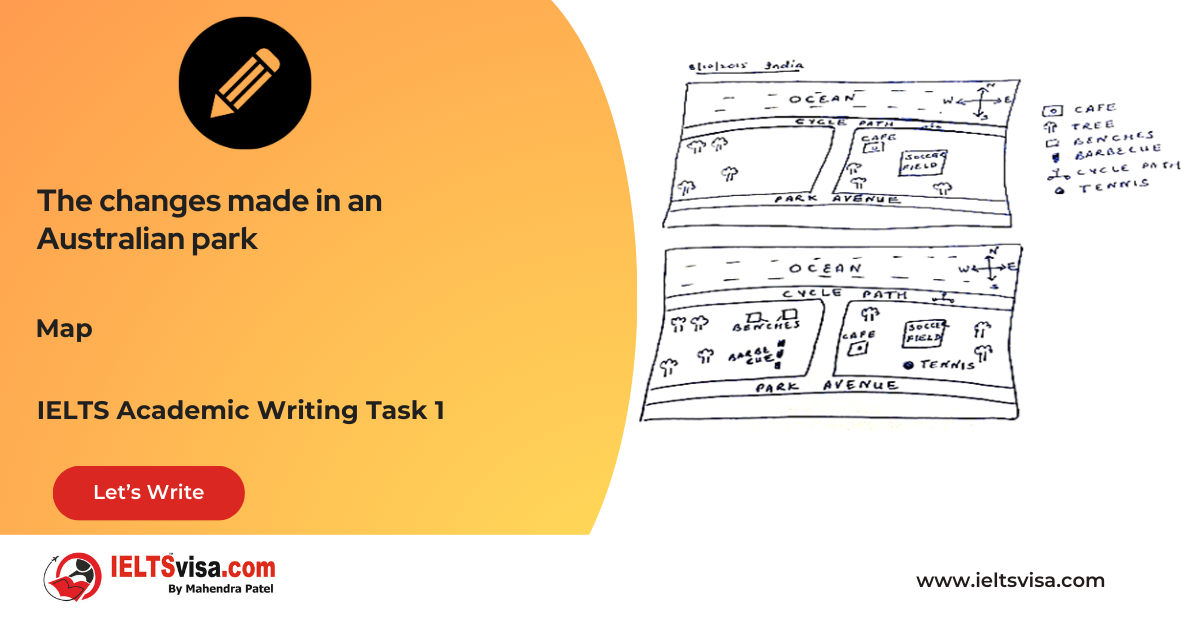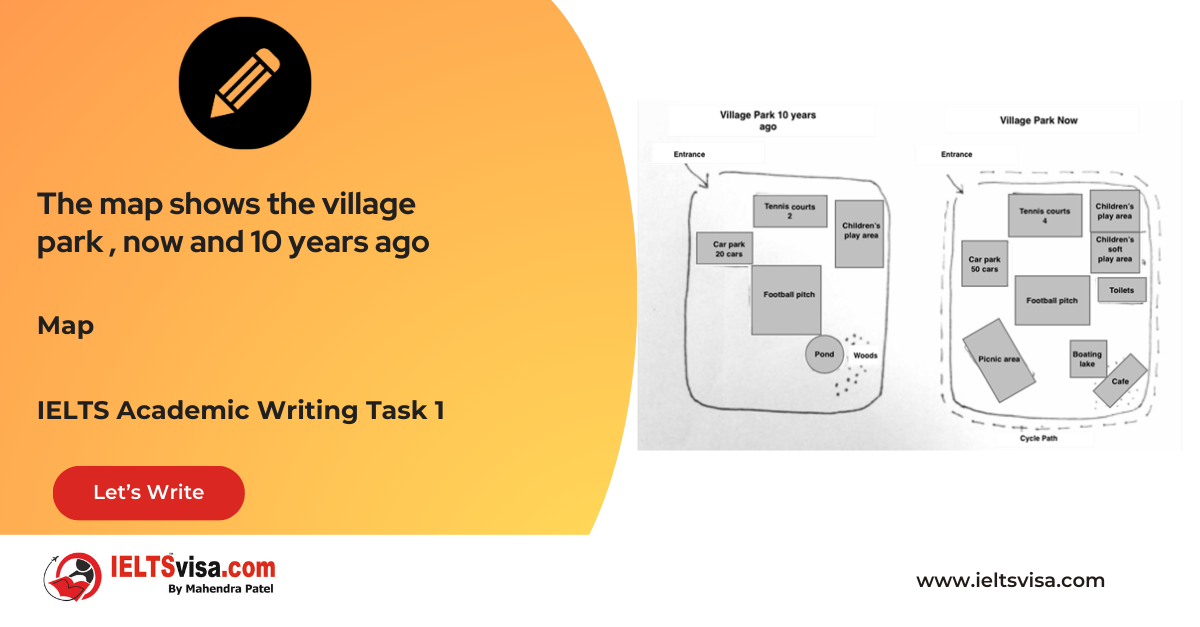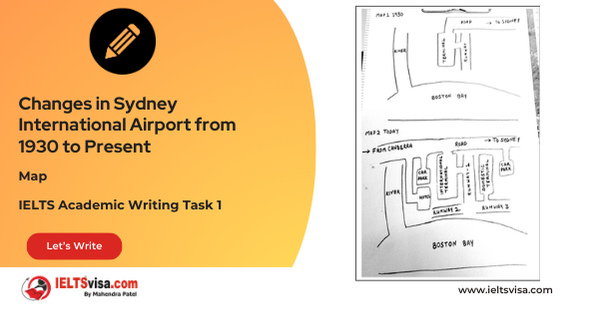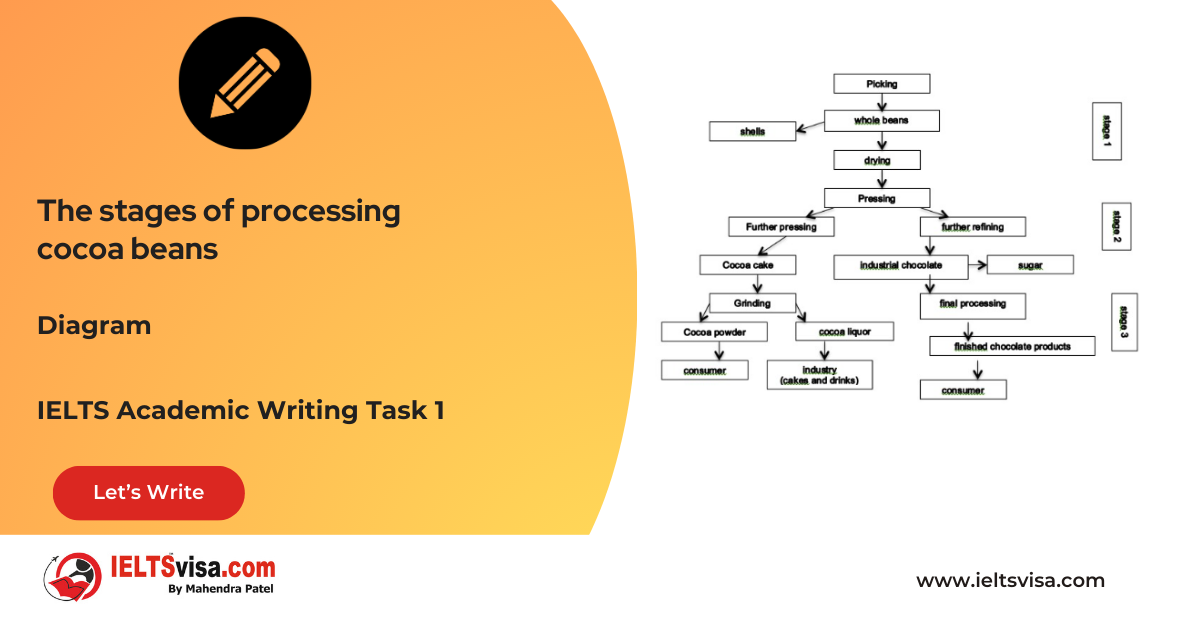The employment rates and the average annual salaries of new graduates in an Australian University in 2009
IELTS Academic Writing Task 1 - Tables

IELTS Writing Task 1 Question
The table below gives information about the employment rates and the average annual salaries of new graduates in an Australian University in 2009. Summarise the information by selecting and reporting the main points and make comparisons where relevant.

Common Questions for the Table
1. Graph Type: Table
2. Title: Employment Rates and Average Annual Salaries of New Graduates (2009)
3. What are the units of measurement?: Percentage for employment rates and Australian dollars for salaries
4. Who: New graduates from an Australian University
5. When: 2009
6. Where: Australia
7. Topic: Employment outcomes and salaries for graduates in various fields
Comparison Showing and Trends Any change over time (such as an increase or a decrease) is a trend.
Comparison 1 : Employment Rates
- Details:
1. The highest employment rate was among health graduates at 93%.
2. Law graduates followed with a lower employment rate but earned higher salaries.
3. Science graduates had the lowest employment rate at 62%.
Comparison 2 : Average Annual Salaries
- Details:
1. Engineering and IT graduates had the highest average annual salaries at $59,000 each.
2. Health graduates earned the least among the higher employment rates, with an average salary of $42,000.
3. Business graduates earned $52,000, while Arts and Social Science graduates earned $50,000.
Sample Answer
The table presented data on the employment rates and average annual salaries of new graduates from an Australian University in 2009. It is evident that health graduates had the highest employment rates, while science graduates faced the lowest rates and salaries.
Among the fields, health graduates achieved a remarkable employment rate of 93%, with an average salary of $42,000. Conversely, science graduates reported the lowest employment rate at 62% and the lowest average salary of $39,000.
Law, Engineering, and IT graduates earned the highest salaries, each receiving $59,000 annually. Although their employment rates were lower than those of health graduates, their salaries were significantly higher. Business graduates had an employment rate of 78% with an average salary of $52,000, while Arts and Social Science graduates experienced a 72% employment rate and earned $50,000 on average.
Overall, while health graduates enjoyed the best employment prospects, Law and IT and Engineering graduates secured the highest salaries.
Top 5 Vocabulary
| Vocabulary (type) | Meaning | Synonyms | Examples |
|
Employment rate (n.) |
The percentage of individuals who are employed |
Job placement rate |
“The employment rate of health graduates was 93%.” |
|
Average salary (n.) |
The typical annual income earned by individuals in a specific group |
Mean salary, typical pay |
“The average salary for IT graduates was $59,000.” |
|
Graduates (n.) |
Individuals who have completed a degree |
Alumni, degree holders |
“New graduates from the Australian University faced varying employment rates.” |
|
Field (n.) |
A particular area of study or professional practice |
Discipline, sector |
“Graduates from different fields experienced different job prospects.” |
|
Salary (n.) |
The amount of money paid annually to an employee |
Wage, income |
“Science graduates had the lowest salary at $39,000.” |

Our Books
Master IELTS Speaking Part 1
IELTS Writing Task 1 Book
IELTS Writing Task 2 Book
Writing Task 1 Question Types
Practice IELTS Other Modules
IELTS Listening
The IELTS Listening test assesses how well you can understand spoken English in various contexts. It lasts about 30 minutes and is divided into four sections with a total of 40 questions. The listening tasks become increasingly difficult as the test progresses.
IELTS Academic Reading
The IELTS Academic Reading section assesses your ability to understand and interpret a variety of texts in academic settings. It is designed to evaluate a range of reading skills, including skimming for gist, reading for main ideas, reading for detail, understanding inferences, and recognizing a writer's opinions and arguments.
IELTS Speaking
The IELTS Speaking test assesses your ability to communicate in English on everyday topics. It lasts 11-14 minutes and consists of three parts: introduction, cue card, and a discussion based on the cue card topic.
IELTS General Reading
IELTS General Reading tests your ability to understand and interpret various types of texts. Here are some key areas and types of content you can expect to encounter in the reading section, along with tips for effective preparation.
IELTS Academic Writing Task 1
In IELTS Academic Writing Task 1, you are presented with a visual representation of information, such as graphs, charts, tables, or diagrams, and you are required to summarize, compare, or explain the data in your own words.
IELTS General Writing Task 1
In IELTS General Writing Task 1, you are required to write a letter based on a given situation. The letter can be formal, semi-formal, or informal, depending on the prompt. Here’s a breakdown of the key components to include in your letter
IELTS Academic Writing Task 2
In IELTS Academic Writing Task 2, you are required to write an essay in response to a question or topic. Here’s a guide to help you understand the essential elements of this task
IELTS Exam Tips
To succeed in the IELTS exam, practice regularly, familiarize yourself with the test format, improve your vocabulary, develop time management skills, and take mock tests to build confidence.
Grammer for IELTS
Grammar is the foundation of effective communication in English. Understanding tense usage, subject-verb agreement, and sentence structure enhances clarity and coherence in writing and speaking.
Vocabulary for IELTS
Vocabulary plays a crucial role in the IELTS (International English Language Testing System) exam, especially in the Speaking and Writing sections. Here’s an overview of why vocabulary is important and how it impacts your performance
RECENT IELTS SAMPLES QUESTIONS AND ANSWERS
Task 1 – Map -Changes in Pentland Coastal Area from 1950 to 2007
[df_adh_heading title_infix="IELTS Writing Task 1 Question" use_divider="on"...
Task 1 – Map -Changes in a Park from 1980 to Present
[df_adh_heading title_infix="IELTS Writing Task 1 Question" use_divider="on"...
Task 1 – Maps – The changes made in an Australian park
20:00 Start Pause Stop [df_adh_heading title_infix="IELTS Writing Task 1 Question" use_divider="on"...
Task 1 – Maps- The map shows the village park, now and 10 years ago
20:00 Start Pause Stop [df_adh_heading title_infix="IELTS Writing Task 1 Question" use_divider="on"...
Task 1 – Map -Changes in Sydney International Airport from 1930 to Present
[df_adh_heading title_infix="IELTS Writing Task 1 Question" use_divider="on"...
Task 1 – Diagram – The stages of processing cocoa beans
20:00 Start Pause Stop [df_adh_heading title_infix="IELTS Writing Task 1 Question" use_divider="on"...

